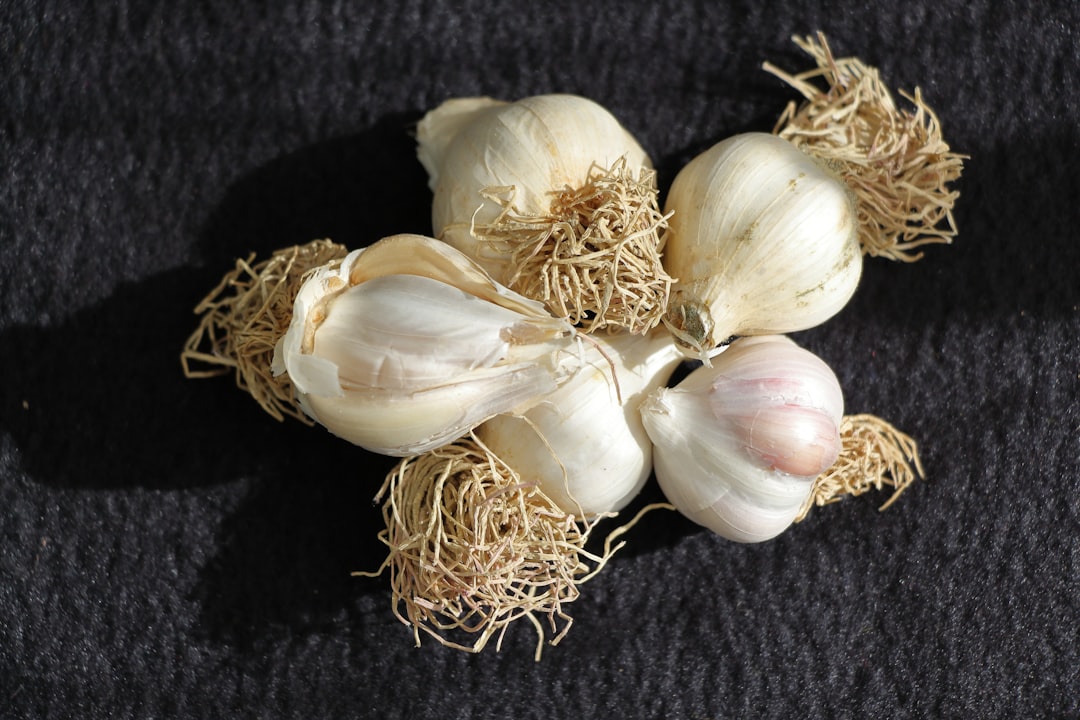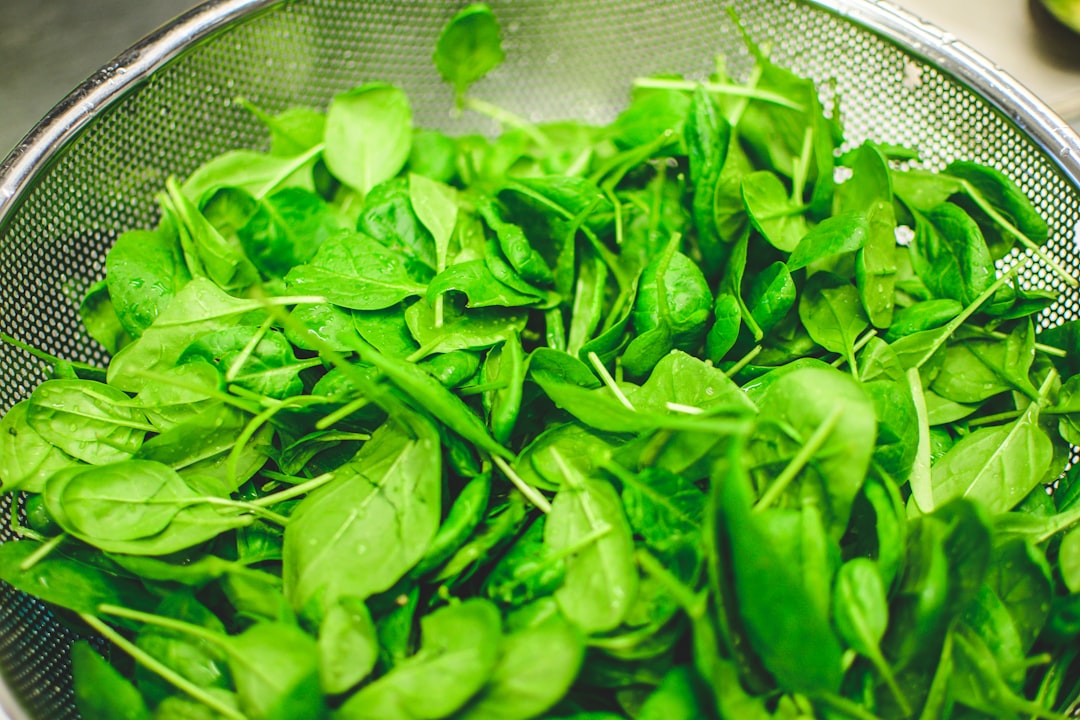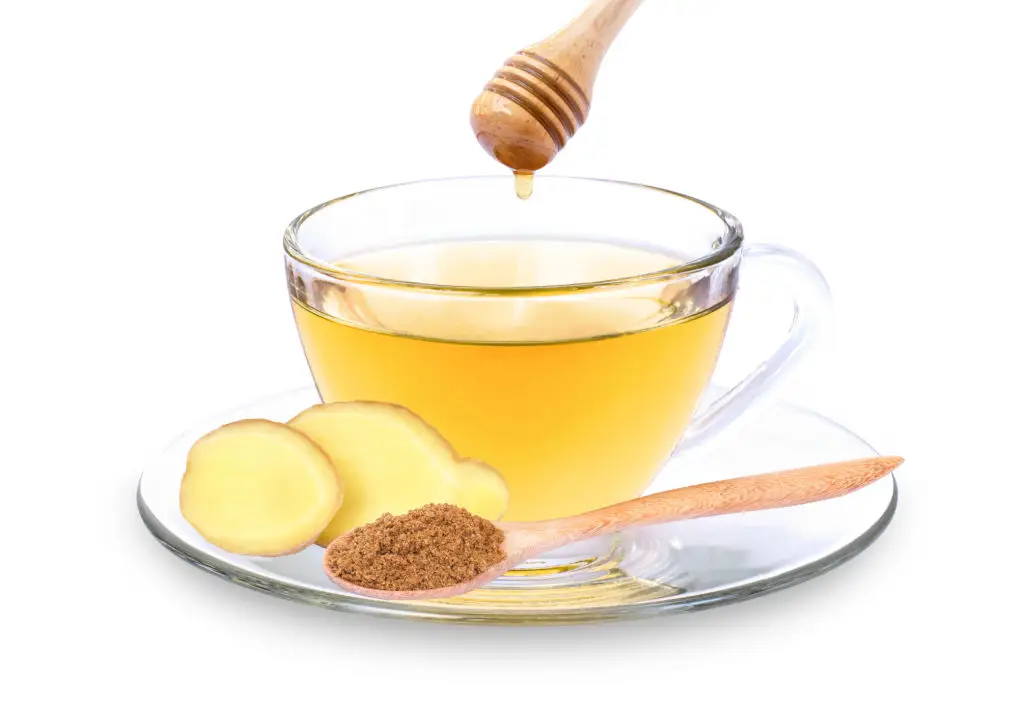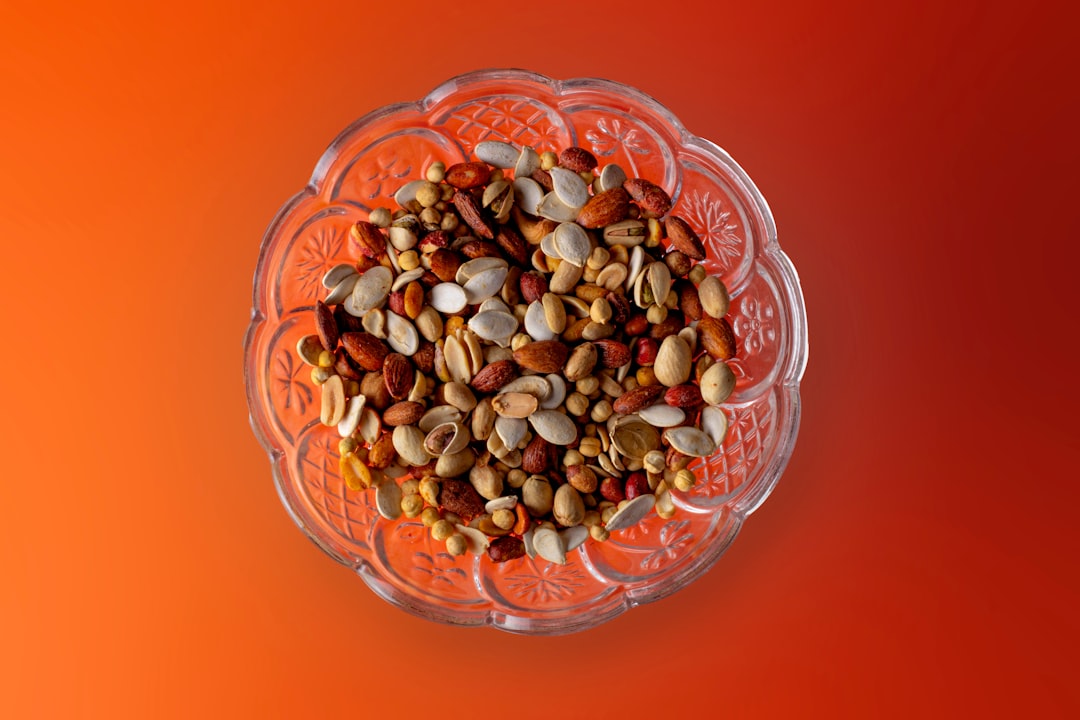Nature’s Flu Shot: 11 Kitchen Staples That Fortify Your Immune System All Season
When the seasons shift and sniffles seem to make the rounds, your kitchen transforms into a gentle sanctuary—a place filled with everyday foods that do more than just satisfy hunger. For those seeking to safeguard their well-being, immune support doesn’t have to mean complicated regimens or expensive supplements. In fact, some of the most powerful allies for your body’s defenses are tucked right on the shelves of your fridge and pantry. This isn’t about chasing a quick fix or holding yourself to perfection. It’s about embracing small, doable shifts—pouring a warm mug of tea, sprinkling herbs onto your dinner, or savoring a tangy bite of citrus. Backed by nutrition research and centuries of tradition, these kitchen staples become acts of self-care, each one supporting your resilience with every meal. As you explore these 11 nourishing ingredients, you’ll discover how easy—and delicious—it can be to nurture your immune system through every season. Let’s open the cupboard and find comfort, strength, and healing right where you are.
1. Garlic: The Antimicrobial Powerhouse

Garlic is more than an aromatic addition to your favorite meals—it’s a true staple for immune support. The secret lies in a natural compound called allicin, released when garlic is chopped, crushed, or chewed. Research suggests allicin has antimicrobial properties, which may help the body guard against common cold pathogens and other invaders. While no kitchen ingredient is a miracle cure, regularly enjoying garlic as part of home-cooked dishes may promote a more resilient immune system over time. Whether stirred into soups, sautéed into pasta sauces, or blended into a homemade dressing, garlic fits easily into most routines. Its flavor deepens as it cooks, so you can experiment with both raw and cooked forms. Try adding a few fresh cloves to your weekly meal prep, adjusting the quantity for your spice preferences. Just remember—garlic is potent, so a little goes a long way. For those with sensitive stomachs, roasting or slow-cooking may offer the benefits without the bite.
2. Ginger: Soothing Inflammation, Boosting Resilience

Ginger is known for its gentle, warming spice—and its starring role in traditional wellness rituals across the globe. The gingerols found in fresh ginger offer anti-inflammatory and antioxidant effects that may help ease the load on your immune system during times of stress or illness. Chopping, grating, or slicing ginger unleashes these healthful compounds and makes it an easy add-in for daily meals. Enjoy ginger brewed into soothing tea, tossed in stir-fries, or blended into smoothies. Its versatility means you can find a preparation that suits your family’s taste and your daily schedule. If you’re new to ginger’s intensity, start with a small piece and work your way up. For some, the zing can be a wake-up call for the senses—a cup of fresh ginger tea can feel as nurturing as a cozy blanket.
3. Turmeric: Nature’s Golden Support

That bright yellow powder tucked in your spice cabinet does more than add color to curries—it provides a gentle hand for your immune system too. Turmeric is celebrated for curcumin, a compound linked to immune modulation and anti-inflammatory properties. While curcumin’s bioavailability (how well your body absorbs it) is naturally low, pairing it with black pepper can make it easier for you to benefit from this natural support. Sprinkle turmeric into soups, rice dishes, or try making “golden milk”—an easy blend of warm milk, turmeric, honey, and a pinch of pepper. For many, this ritual becomes a comforting and empowering daily habit. A note of gentleness: turmeric’s strong color can stain, so prep carefully. Curcumin supplements exist, but focusing on food-based sources keeps the approach realistic and safe for most adults.
4. Citrus Fruits: Vitamin C Champions

Oranges, grapefruits, lemons, and limes aren’t just a burst of sunshine on the breakfast table—they supply ample vitamin C, long known for its role in supporting immune health. While vitamin C doesn’t prevent every case of illness, it supports immune cell function and may help trim the duration of seasonal sniffles when included regularly as part of a balanced diet. Squeeze fresh lemon into water, add orange wedges to salads, or enjoy a whole fruit as a midday snack. Juiced or whole, citrus adds brightness to your meals and your wellness routine. For best results, consume these fruits in their whole form for nourishment and fiber. With so many varieties to choose from, you’re able to mix things up all season long.
5. Leafy Greens: Nutrient Density on Your Plate

Leafy greens like spinach, kale, and Swiss chard are loaded with vitamins and antioxidants essential for immune harmony, including vitamins A, C, and E, as well as folate. Their combination of nutrients helps maintain cellular health and functions as a gentle line of defense in your daily diet. The beauty of leafy greens is their adaptability—you can chop, wilt, blend, or toss them nearly anywhere. Add a handful to scrambled eggs, blend them into smoothies, or tuck them under a warm grain bowl. If you’re pressed for time, pre-washed salad blends make it easier to create nourishing meals in minutes. If you’re new to stronger greens like kale, try massaging them with a bit of olive oil and lemon to soften the texture. It’s a quiet nod to self-care with every bite.
6. Yogurt and Fermented Foods: Nourishing Your Gut

Did you know a healthy digestive system is deeply connected to immune health? Yogurt with live cultures and other fermented foods like sauerkraut and kimchi deliver helpful probiotics that maintain the balance of good bacteria in your gut. This harmony may translate to smoother immune responses and overall vibrancy in your day-to-day life. Reach for plain, unsweetened yogurt whenever possible, topping with fruit or a sprinkle of seeds for extra nutrition. If you’re new to fermented foods, start small—just a spoonful of sauerkraut or a scoop of kimchi with meals can make a difference. Look for fermented foods in the refrigeration section, as shelf-stable options often lack live cultures. For those with lactose sensitivities, many plant-based alternatives offer similar benefits.
7. Honey: Antioxidant Sweetness

Nature’s golden nectar, honey, has long been valued for its soothing flavor and gentle, antimicrobial touch. Raw honey contains antioxidants and some subtle compounds shown to help the body fend off less friendly microbes. While it won’t replace hand-washing or vaccines, using honey in moderation can be a sweet addition to your immune support toolkit. Add a spoonful to tea, drizzle over whole-grain toast, or mix with warm lemon water as a calming remedy. Remember, kids under age one should not be given honey. For adults and older children, raw local honey is a fragrant treat supporting seasonal well-being. Enjoy the quiet moment that comes with each golden spoonful—sometimes, a little sweetness is exactly what the body needs.
8. Green Tea: Sip for Immune Wellness

Brewing a cup of green tea isn’t only a soothing ritual—it’s a smart move for immune health as well. Green tea is rich in polyphenols, especially epigallocatechin gallate (EGCG), a compound linked to antioxidant and immune-supportive effects. Regular green tea drinkers often find it adds both comfort and calm to their routine. Steep green tea bags or loose leaves in hot, but not boiling, water to preserve the delicate compounds. Sip solo, add a twist of lemon, or even enjoy it iced in warmer seasons. Green tea does contain caffeine, so consider when in the day to enjoy it. If you prefer decaf, many options retain beneficial properties. Each cup is a small step toward a steadier, more resilient season.
9. Nuts and Seeds: Zinc & E Power

Small but mighty, nuts and seeds supply a nourishing mix of nutrients that contribute to immune function—most notably zinc and vitamin E. Almonds, walnuts, pumpkin seeds, sunflowers seeds, and others are easy to sprinkle over salads, cereal, or yogurt, making it effortless to add these benefits to your routine. A handful a day is generally recognized as a heart-healthy, balanced amount for adults. Because allergies do occur, choose options that work for your needs and those of your family. If you’d like inspiration, try roasting raw seeds with gentle spices or blending them into snack bars. Consistency, not quantity, is key—these little bites add up over time to help your immune system feel supported and strong.
10. Sweet Potatoes: Beta-Carotene Boost

With their warm color and comforting texture, sweet potatoes are more than a satisfying side dish—they’re a true beta-carotene powerhouse. Your body converts beta-carotene into vitamin A, which is crucial for healthy skin and the lining of your airways, the body’s first defense against pathogens. Roast wedges for a savory snack, mash with a touch of cinnamon for a naturally sweetened treat, or toss chunks into soups and stews. Sweet potatoes are easy to prep in advance and reheat on busy days, making them a practical staple for every household. Like all foods here, balance matters—enjoy as part of a rotation of colorful veggies for the broadest benefits.
11. Mushrooms: Earthy Immune Allies

Mushrooms may seem humble, but their beta-glucans—special plant fibers—have drawn attention for how they may modulate and support immune balance. Shiitake, maitake, cremini, and common button mushrooms all offer unique tastes and nutrients for wellness throughout the season. Slice mushrooms into salads, sauté for an umami-rich omelet, or simmer in hearty stews. Most varieties are best enjoyed cooked, which enhances digestibility and safety. For those wary of earthiness, pairing with herbs, olive oil, or a splash of lemon can make mushrooms enticing even for picky eaters. Remember to always source mushrooms from reliable grocers, never wild, for the safest and healthiest dishes.
Embrace Everyday Wellness—One Bite at a Time

Fortifying your immune system doesn’t require gourmet ingredients or elaborate routines—just small, steady choices in the heart of your home. These 11 kitchen staples aren’t magic bullets, but trusted companions that blend scientific support with tried-and-true wisdom. Each time you add a spoonful of yogurt, toss a handful of greens, or sip a warm tea, you’re taking realistic, compassionate steps toward steady well-being. Remember, the most meaningful changes happen gradually and within your real-life rhythms. Celebrate the adjustments that fit your lifestyle and feel comfortable to your body. Before making significant dietary changes, consult with a healthcare provider—especially if navigating allergies, unique health needs, or medication interactions. Here’s to nourishing yourself season after season, with warmth, kindness, and the power of what’s already on your plate. Your kitchen is more than a source of meals—it can be your partner on the path to lasting health.
